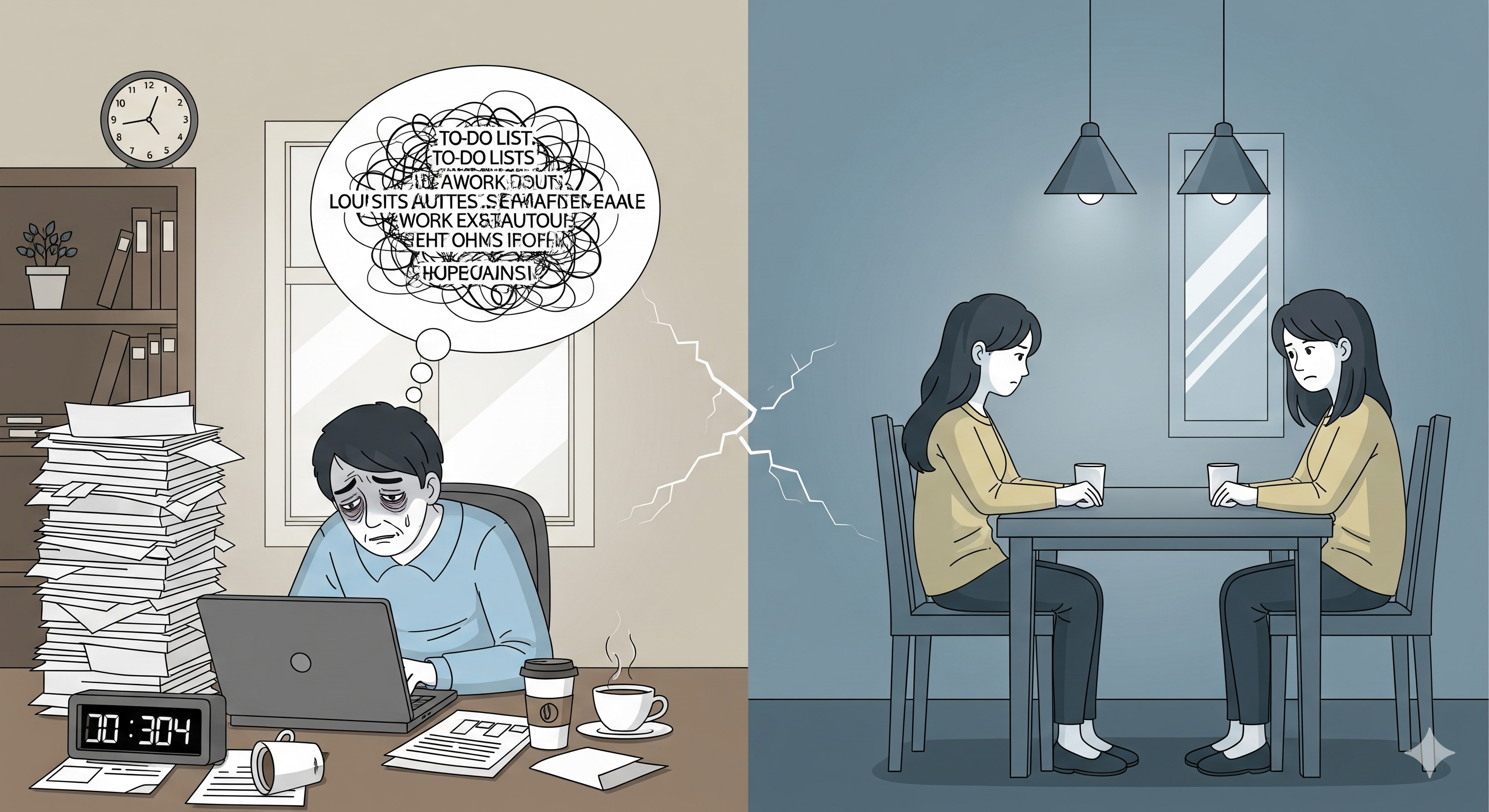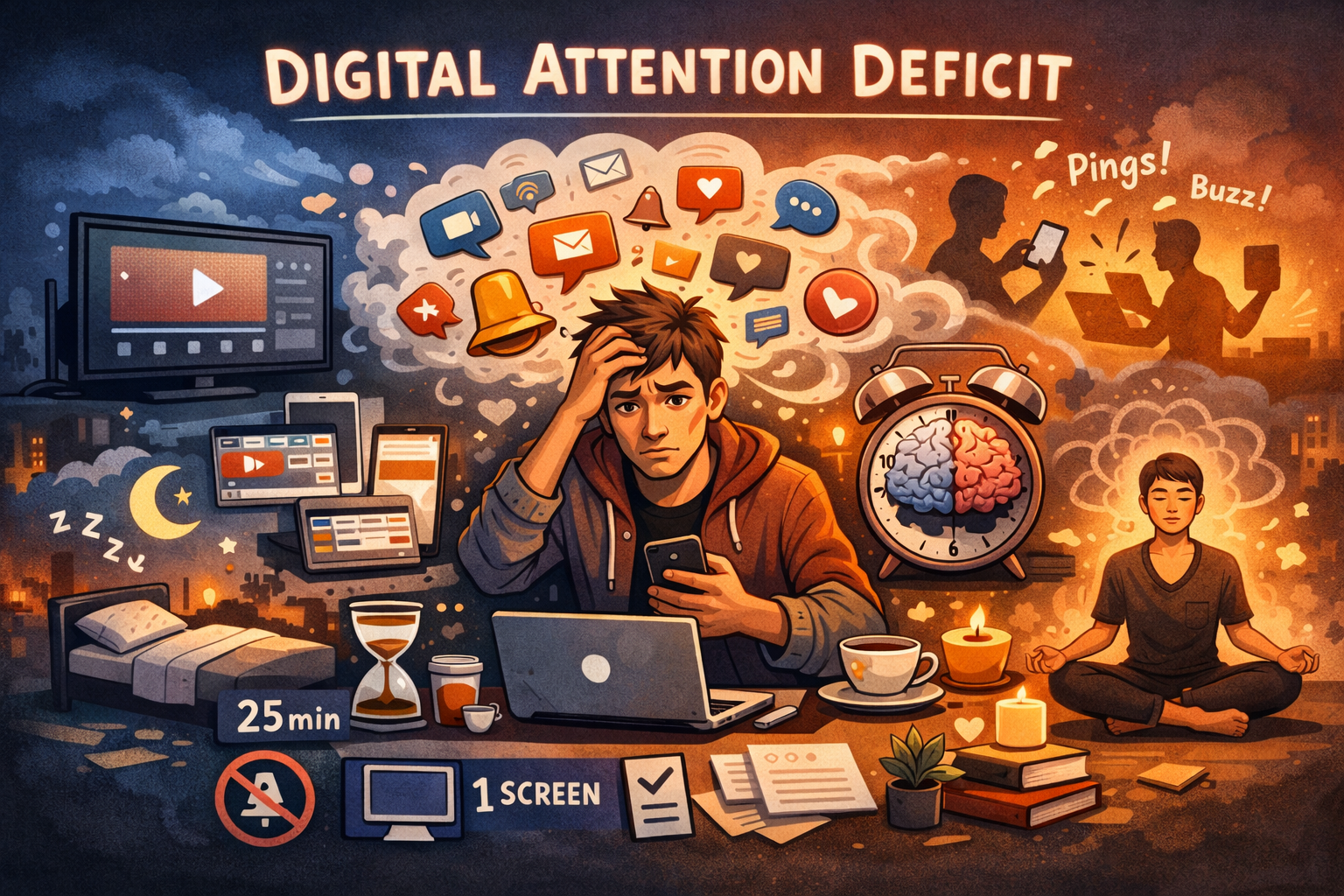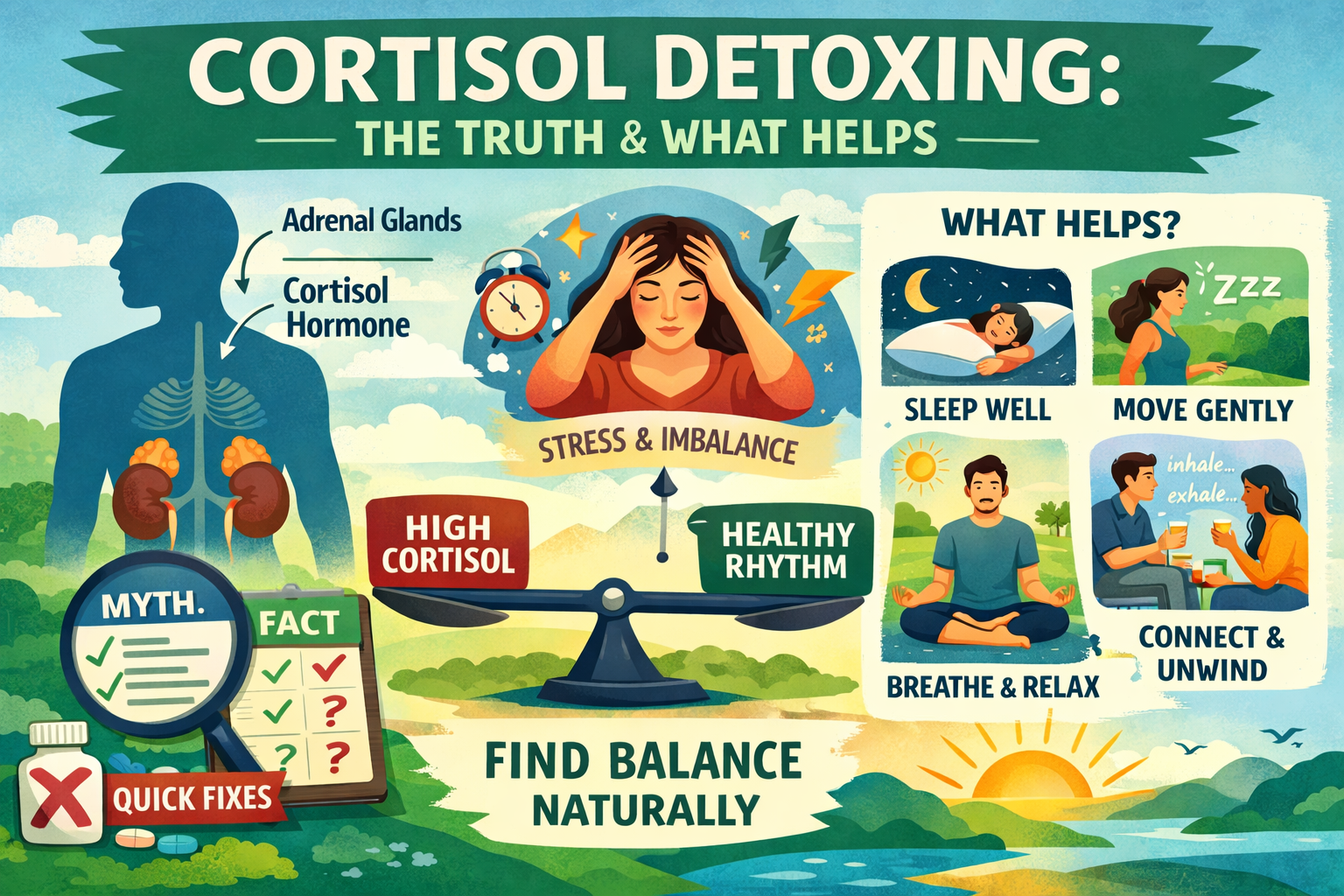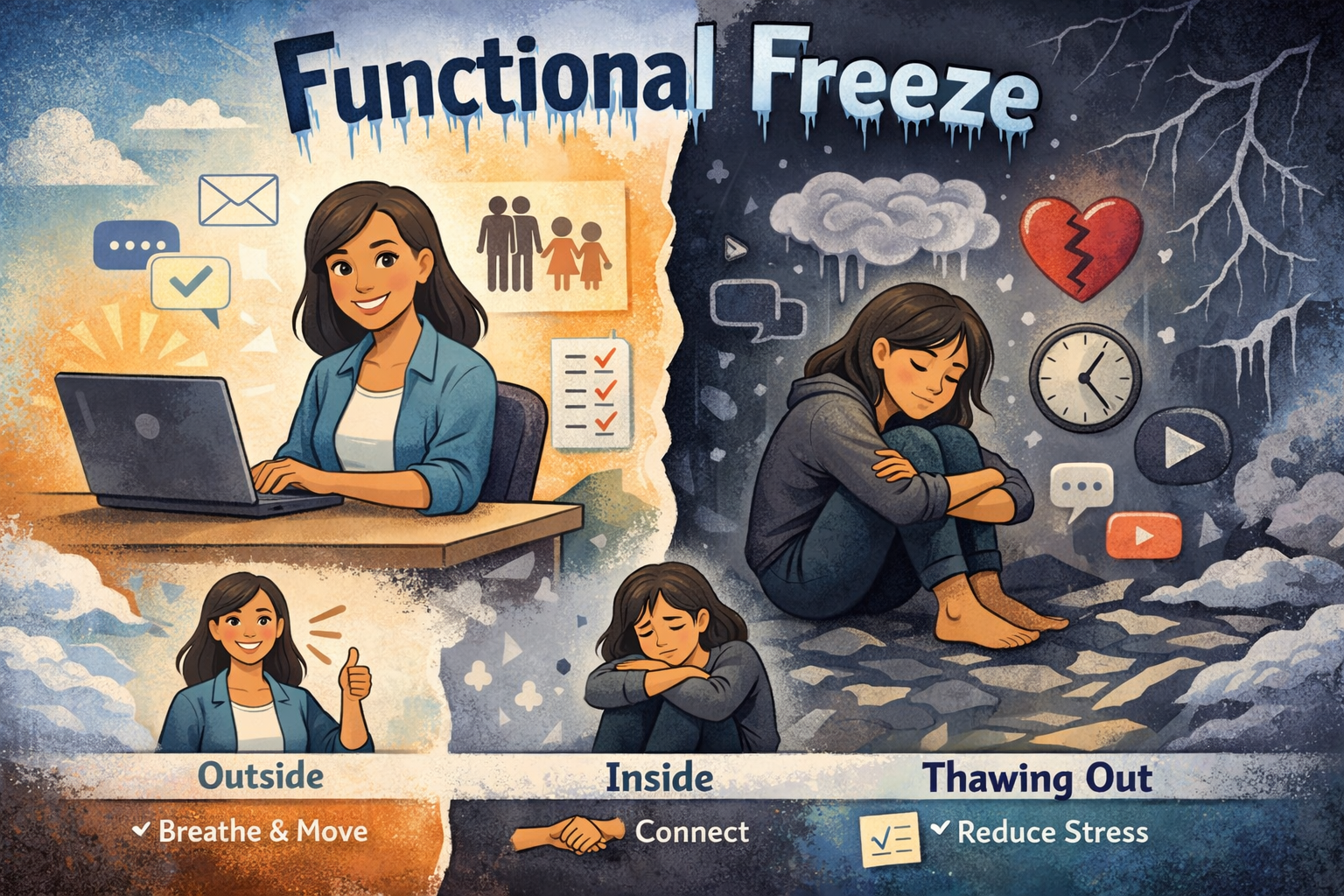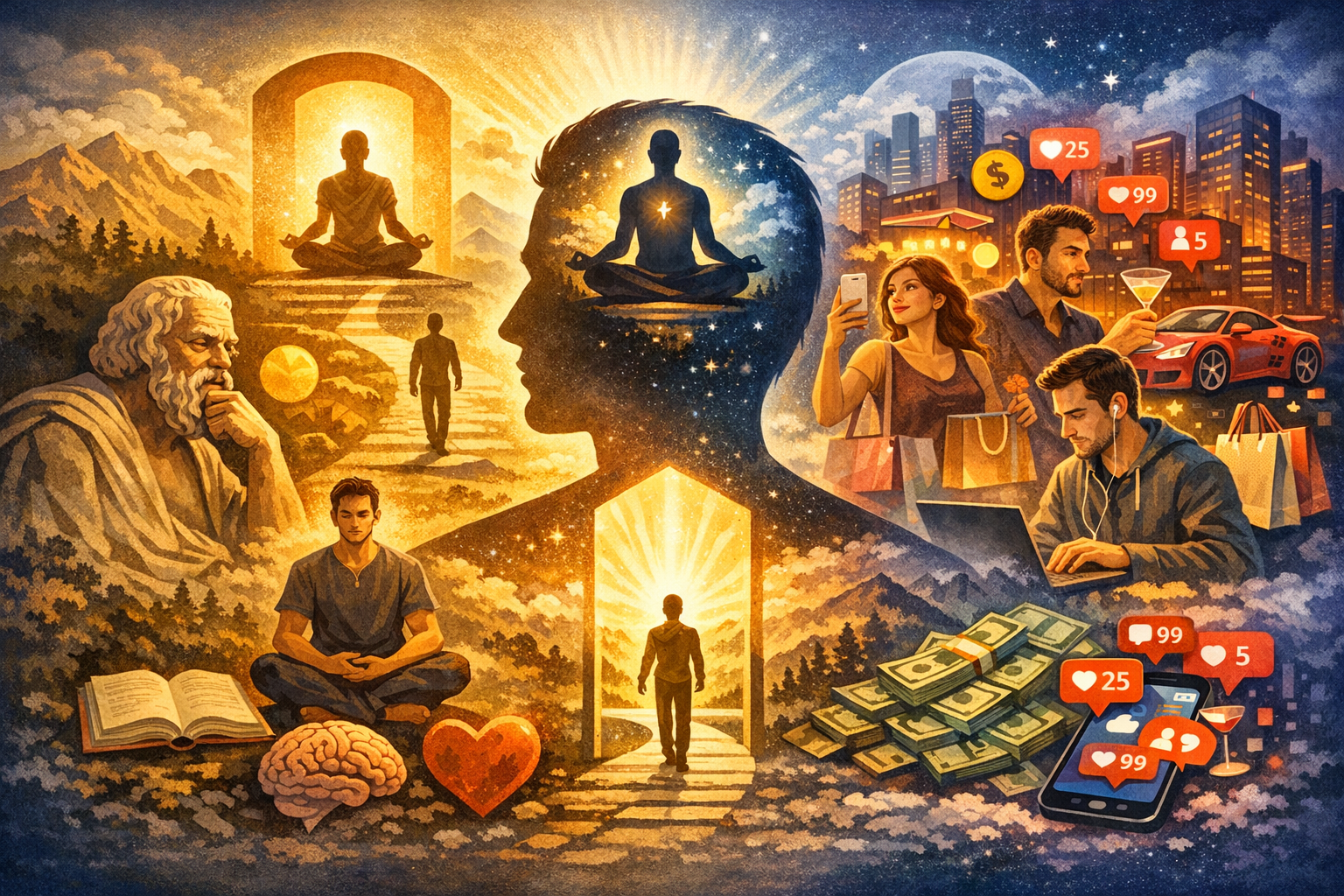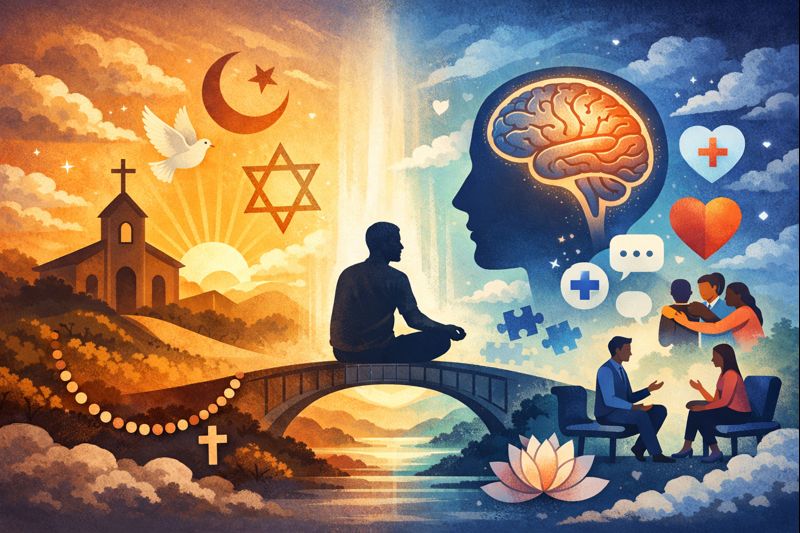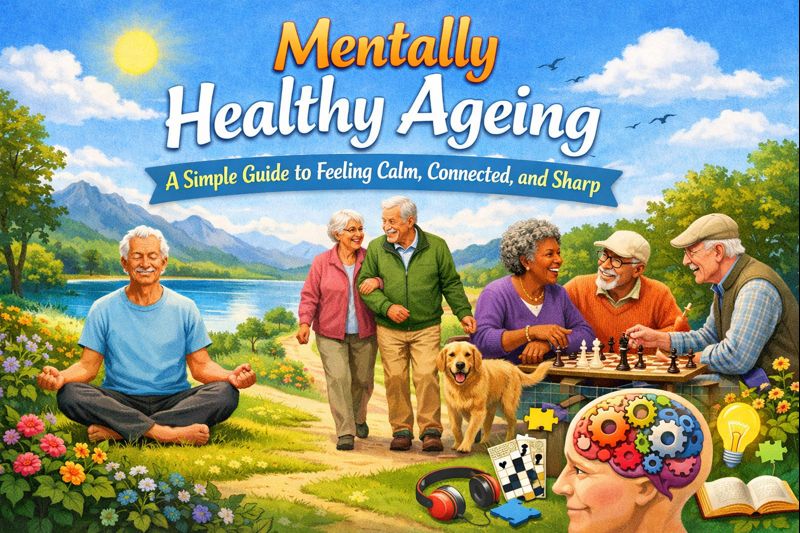Introduction: When Stress Starts to Break Us Apart
We live in a highly paced, fast moving and rapidly changing world. We work for long hours, in stressed environment with constant deadlines and endless demands from our daily lives. As a result, slowly and consistently, exhaustion creeps in. We are burned out. But what happens next? Too often, this stress spills over into our social life i.e. in relationships. We now more often witness conflicts, arguments, anger, impatience, and mental distress. And we find ourselves in what I call the 'burnout-breakup cycle.'
This cycle does not just drain out our mental energy; it can break our hearts. As one Harvard Business Review article (2022) noted, burnout is contagious, it does not stay at the workplace, it comes home with us.
What Is the Burnout-Breakup Cycle?
The cycle works like this:
- Burnout makes us irritable, stressed, and emotionally exhausted.
- This impacts our relationships, argue and fight more, listen to others less, and connect poorly.
- Relationship struggles add more distress, feeding back into burnout.
It is a vicious cycle where work pressure and personal pain and suffering reinforce each other, leaving us feeling stuck.
The Science Behind Burnout and Relationships
Burnout is not just feeling tired. The World Health Organization defines it as "chronic workplace stress that has not been successfully managed." Symptoms include exhaustion, cynicism, and reduced performance.
Studies show that burnout does not just harm productivity—it harms intimacy. A survey by the American Psychological Association found that over 70% of adults in the U.S. say stress affects their personal relationships.
When we are emotionally exhausted, our brains shift into survival mode. We snap faster, show less empathy, and stop nurturing bonds that usually bring us comfort.
Why Burnout Affects Love So Deeply
Relationships thrive on presence, patience, and emotional energy. Burnout strips us of these.
- Emotional distance: Instead of sharing, we shut down.
- Irritability: Small issues spark big fights.
- Neglect: Quality time fades as we collapse into bed, too drained to connect.
- Self-doubt: Burnout lowers self-esteem, making us feel unworthy of love.
As Esther Perel, renowned psychotherapist, puts it: "The quality of our relationships determines the quality of our lives." When burnout erodes that quality, both work and love suffer.
The Emotional Toll: Stories We All Know
Think of the young professional who works 12-hour days to meet deadlines. By the time they come home, they are too drained to talk, so their partner feels ignored. Or the parent juggling job stress and family expectations, snapping at loved ones without meaning to.
We do not mean to hurt each other, but burnout blinds us. Soon, the very relationships that could heal us become strained, and we spiral further.
Breaking the Vicious Loop: Steps Toward Healing
1. Recognize the Cycle
Awareness is the first step. If you notice your exhaustion spilling into your relationships, pause. Naming the problem helps us stop blaming ourselves—or each other—and start addressing it.
2. Set Boundaries at Work
Research by Gallup shows that employees who set clear boundaries around work hours are 43% less likely to experience high burnout. Learn to log off, say no, and protect your personal time.
3. Prioritize Rest
Sleep, exercise, and downtime are not luxuries—they are survival tools. A study in Nature Neuroscience shows that even mild sleep deprivation reduces emotional regulation by 30%. Without rest, love becomes harder.
4. Communicate Honestly
Tell your partner or loved ones what you are going through. A simple "I'm burned out, and I don't want to take it out on you" can transform conflict into compassion.
5. Reinvest in Connection
Even small rituals—sharing a meal without screens, going for a short walk together, saying thank you—help rebuild intimacy. Research from the Gottman Institute shows that "turning toward" small bids for attention daily is the strongest predictor of long-term relationship success.
6. Seek Support
Sometimes the loop feels too strong to break alone. Counseling, therapy, or even support groups can give us the tools and perspective we need.
The Role of Self-Compassion
Often, we blame ourselves for burning out or for relationship struggles. But self-blame only feeds the cycle.
As Kristin Neff, pioneer of self-compassion research, writes: "With self-compassion, we give ourselves the same kindness and care we'd give to a good friend."
When we treat ourselves gently, we create space to heal—and space to reconnect with others.
Conclusion: From Vicious Cycle to Virtuous Circle
The burnout-breakup cycle is real, and many of us are caught in it. But the good news is—we can step out. By setting boundaries, resting, and investing in honest communication, we can transform the loop.
Instead of burnout feeding breakup, connection can become the antidote to burnout. Our relationships can once again be the safe space where we heal, recharge, and rediscover joy.
Let us remind ourselves: we are not robots and machines; we are human beings. We heal best, not in isolation or living alone, but staying connected with others and together.
Are you looking for inner peace, deep relaxation or holistic solutions for mental health? Visit http://themindtherapy.in - your space for online counselling/therapy, free mental health tests, meditation, sound therapy etc.
Mind Therapy is India's trusted platform for mental health, mindfulness, and holistic healing. Explore expert-led programs, guided meditation, sound therapy and counselling at http://themindtherapy.in


